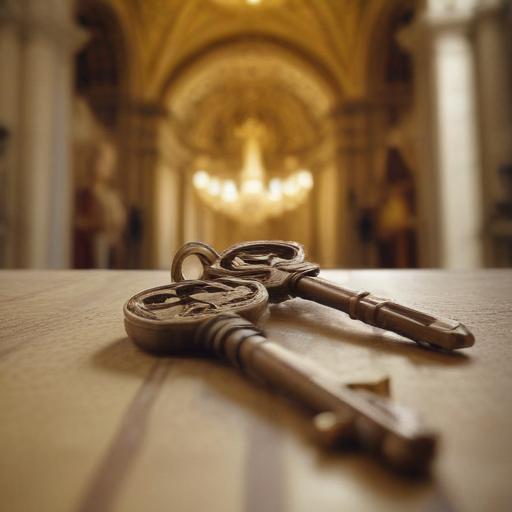The global nature of the Catholic Church is evolving rapidly, presenting unique challenges and opportunities for the next pope. As Pope Francis prepares to leave a lasting legacy, his appointments to the College of Cardinals reflect a significant shift toward a more diverse representation that encapsulates the church’s worldwide presence.
Pope Francis has appointed a majority of the cardinals who will participate in the upcoming conclave—approximately 80 percent—embracing individuals from regions where Catholicism is experiencing substantial growth. The inclusion of cardinals from countries in Asia and Africa marks a transformative approach, aligning the church with areas anticipated to shape its future. Notably, 20 of the electors were appointed by Francis just last December, reflecting an ongoing commitment to broadening the church’s global footprint.
While progressives within the church have welcomed this embrace of diversity, the newly appointed cardinals bring varying views influenced by culturally conservative backgrounds. For instance, leaders from Africa and Asia have expressed opposition to some of Francis’s more liberal practices, such as the blessing of same-sex couples, which Cardinal Fridolin Ambongo from the Democratic Republic of Congo firmly rejected.
This polarization within the College of Cardinals suggests that the conclave, which will convene to elect the next pope, may take unexpected directions. There are questions about whether the lack of established personal dynamics among the cardinals could lead to a quicker decision or a more thoughtful deliberation regarding the church’s future path.
The representation of countries previously underrepresented, such as Myanmar and Rwanda, among others, further emphasizes the diversity within the church’s leadership. While some traditionalists may rally behind conservative candidates, the wide array of cultural perspectives could ultimately lead to a more complex and potentially transformative papal election process.
This represents a moment of potential renewal for the Catholic Church; embracing its global character may help foster further growth and revitalization in the face of declining faith in some traditional strongholds. The upcoming conclave thus stands at a crossroads, promising to shape not only the immediate future of the church but its lasting identity in our increasingly interconnected world.
